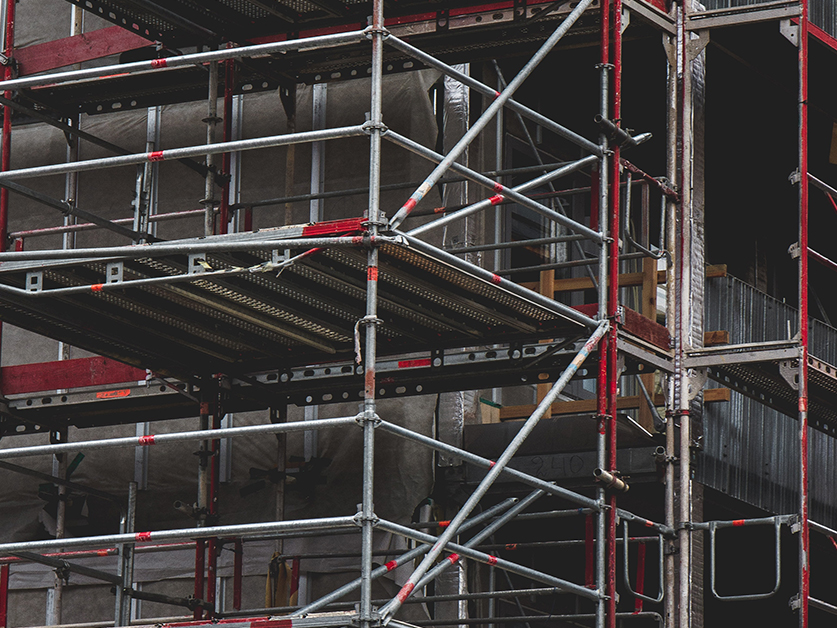7 Things to Consider Before Buying TMT Bar
Thermo Mechanically Treated Bars or TMT Bars play a vital role in the construction industry, be it in building houses, multi-storeyed structures, bridges, or any other structure. Not just quality, TMT bars increase the overall strength of the building. It also extends the life of the structure.
There are different types, grades of steel, let’s say alloy steels, carbon steels, tool steels and stainless steels. Branded TMT steel bars, like Kalliyath, are produced using a special manufacturing process, which gives it high tensile strength and ductility. These bars are corrosion-resistant and have high flexibility. Plus, its high shock absorbing capacity makes TMT steel bars more suitable for all types of constructions.
Choosing the right quality TMT steel bars, irrespective of the size of the project, is key to the success of the construction. A proper homework should go in before buying TMT bars. So let’s dig deep and see the 7 important factors to consider before buying TMT bars for your dream projects.
Raw Materials
Billet is a form of material that does indicate the quality of the final product. Ideally, steel bars should be made with iron ore as the raw material and not scrap. Identifying the raw materials being used in making a TMT bar can give an idea of its quality. Many TMT manufacturers use scraps or ingots. These may affect the TMT bars’ strength, flexibility and longevity. Chemical properties of a steel bar like the percentage of carbon, phosphorus, sulphur and other chemicals are some of the key factors deciding the strength of TMT bars.
Production Process
Examine the manufacturing process of TMT bars. Removing impurities of the bars is vital to impart tensile strength, flexibility and ductility to TMT bars. PLC controlled continuous linear rolling mill, precise quenching process and automated cooling bed make sure the bars are in perfect shape and composite structure. The soft inner core and hard outer core give excellent yield and strength to the bar along with ductility and weldability. Such a fully-automated process gives uniformity to the shape and strength of the TMT bars. Good manufacturing processes produce good quality TMT bars confirming strict BIS norms.
Grades
TMT bars come in various grades:Fe-415, Fe500, Fe550, Fe-415D, Fe500D, Fe550D, and Fe-600, etc. While the “Fe” stands for iron and the figure represents the minimum yield stress in MPa,‘D’ stands for ductility. Always check the grades of the TMT bar before you buy. If you need to construct a structure in an earthquake-prone zone, then higher-grade TMT bars are a necessity. Different kinds of TMT bars are made with different chemical compositions which lead to differences in their tensile strength, yield strength and durability. Among all the grades available at the market, Fe-500 and Fe-500D are the most preferred grades when it comes to civil construction.
Corrosion Resistance
TMT bars’ quality matters the most, especially if you intend to construct a building in a flood-prone or heavy rainfall prone area. Anti-corrosive TMT steel bars lend the much-needed strength to structure. TMT bars are built to take on the ever-challenging elements, be it the external weakening elements such as acidic soil, saline groundwater, high moisture content in the air, etc. Picking a TMT bar with anti-corrosive properties can do wonders for the structure. The building remains stronger for a longer period of time.
Flexibility
Cracks in concrete construction are inevitable but large cracks can degrade the safety and integrity of the building. Breakages due to high degree shocks, seismic tension, concrete permeability, or creep movement can be reduced by using TMT bars with optimum flexibility. Reinforced concrete with galvanised TMT bars can make a huge difference to the strength and integrity of buildings, and make them more flexible. The resilient bars help the structure without crumbling down.
Certification
Good TMT bars will generally have BIS/ISO certification. It is always advisable to go for reputed brands over others as they even have bars that conform to international standards, which gives a clear sense of the reputation of the brand, its quality and longevity.
Testing Facility
The last but important part before buying a TMT bar should be taking a tensile strength test. This test is done to decide how the material responds when you apply force to it. It shows the material's rigidity, tensile strength, yield quality, etc. Look for a brand that has a laboratory and testing facility, and gives you the right quality checks before delivery.



